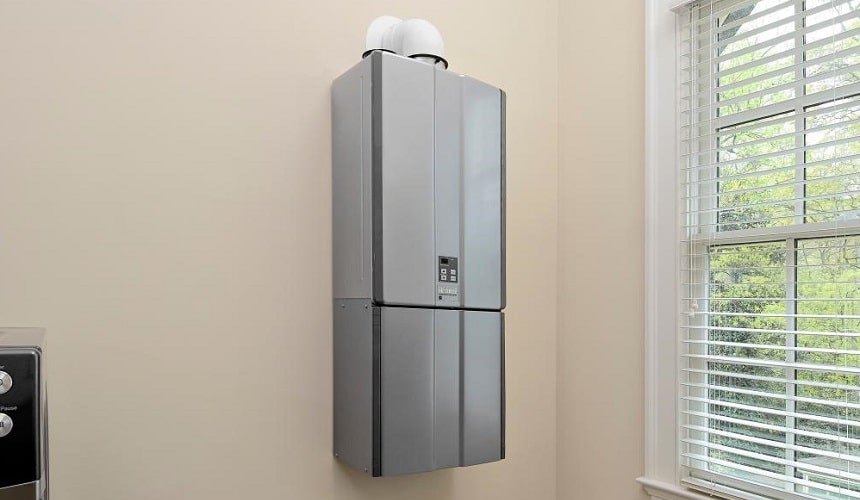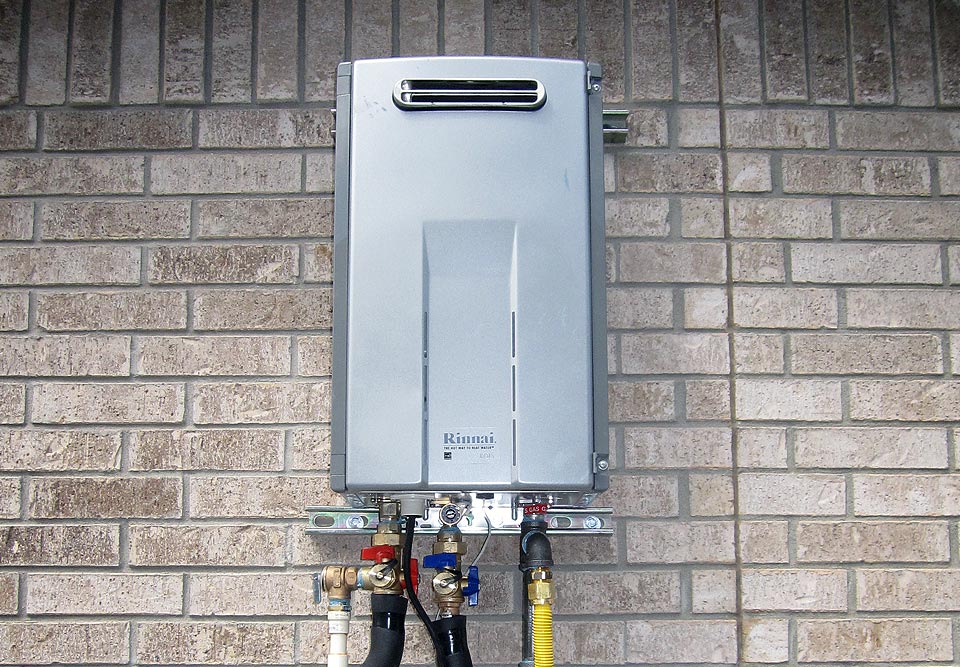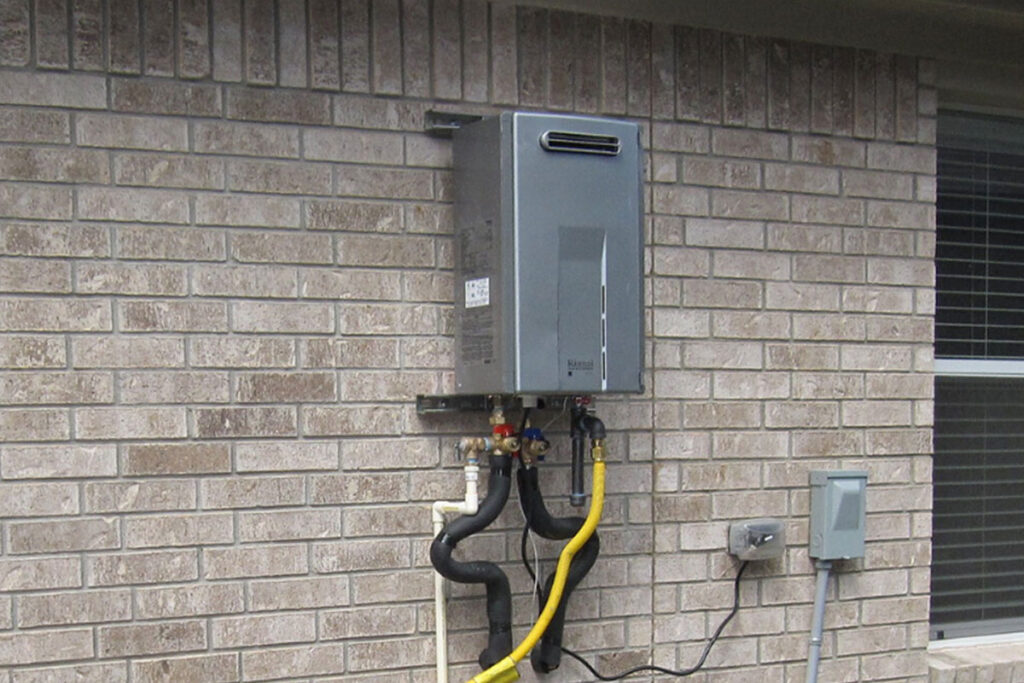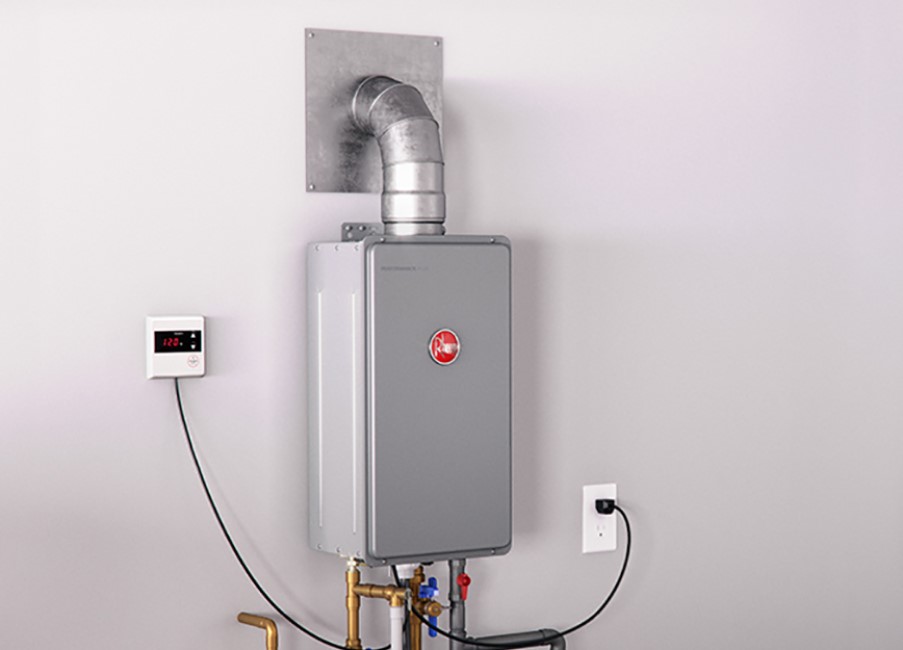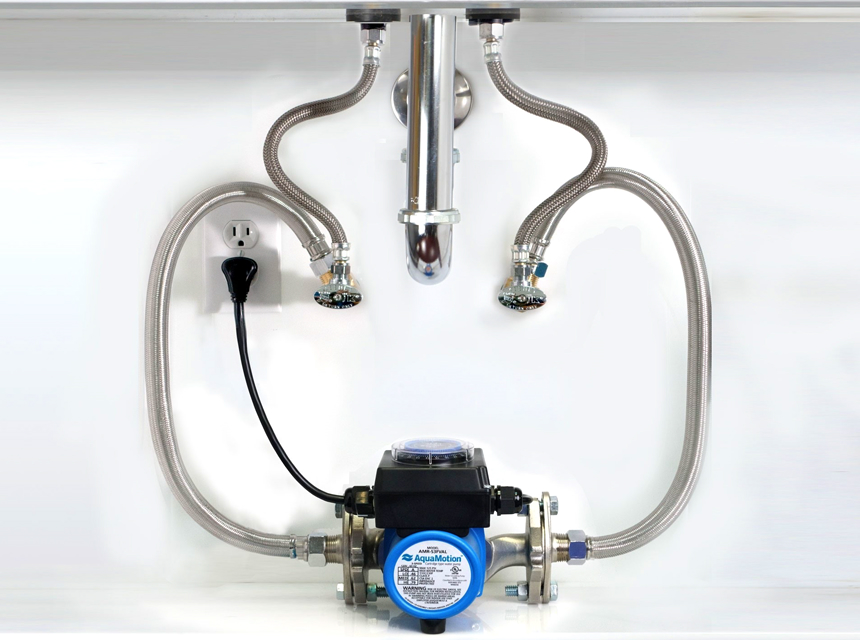

The water heater is a very important part of every home. It is one of those things that are taken for granted until they suddenly develop a fault or stop working. The typical water heater Trusted Source How Does a Water Heater Work | Water Heater Guide 2019 You'll likely never think about them, but water heaters are vital to your home—here's how they work and how to buy the right one. www.popularmechanics.com will work for up to 8 or 15 years, which means that everyone will have to replace their current water heater at one point or the other. If you are looking to change your water heater, you are likely wondering which to choose between a gas and electric option. The gas vs electric water heater debate has been a bone of contention for a long time, with each one offering pros and cons.
In this post, we will consider these two basic fuel types for your water heater in order for you to choose the best model for your needs. We will look at the good and the bad side of each one, and we will highlight the things that differentiate between the both of them. At the end of this post, you will be able to make a smart decision about which of them to get for your home.
The gas water heater is a type of water heater that, as the name implies, runs on natural gas. It is often connected to a gas line that provides the gas that is burned to create heat for the water. There are some benefits and drawbacks to using this type of water heater.
This type of heater is an excellent alternative to the gas water heater. It is designed to run on electricity. Therefore, it is often easier to install and less risky to use. With this type of water heater, though, you cannot use it when there is a power outage. Let’s consider the pros and cons of this type of water heater.
Now that we have considered the important features, cons, and pros of each, we will now compare them to see which is better across various categories.
The first parameter for comparison is the size. The size of your water heater is very important when you are choosing a water heater. When discussing size, most people think about the number of gallons. If a water tank holds plenty of gallons, chances are that it would be a larger unit. You will discover that electric and gas heaters are available in different sizes, ranging from 20 to up to 100 gallons. However, it should be noted that you can have electric heaters as a point of origin heaters. They are usually so small that they can be installed right on the faucet to give you hot water on demand.
Secondly, the amount of space required to set up the heater is an important consideration. Our research indicates that an electric heater is more likely to use up less space for installation when compared to the gas heater.
Gas heaters on the other hand need accessories and other stuff like a vent for the best operation. Because of this, they are usually bigger than the electric heater and will need pipes installed in an around the home for the best performance. All of these will restrict where you can place the gas heater in the home. You don’t face such problems with electric heaters.
So, in terms of size, electric heaters are better than the gas heaters. Reviews indicate that the Rheem MR50245 Marathon is an efficient electric water heater.
Another thing that it is vital to consider is the availability of hot water. When thinking about this, some things come to mind. First of all, you have to think about how you will get the energy that will heat up the water. If you are thinking of a gas heater, you have to ensure that your home has a steady supply of gas. Not all homes have the gas line. However, electric heaters do not usually face that challenge as almost every home has electricity. The only time that an electric water heater might be a burden is if there is a power outage. But as long as you don’t have a lack of power, you will always have hot water in the home. The advantage that a gas heater has in this regard is that it will continue to supply you with hot water irrespective of power.
Another thing to consider in this aspect is the amount of hot water that the tank can produce, especially in the first hour that you use it. This factor is so important that it has a term – FHR. The first-hour rating is important for both gas and electric heaters. If the rating is higher, then you will have more hot water available to you quickly.
Reviews indicate that gas heaters usually have a higher FHR rating than electric heaters. Rinnai RU199iN RRU199iN is one of the more powerful natural gas water heaters available on the market right now.
No matter the amount of hot water produced, it is important to keep efficiency in mind. Gas water heaters are less expensive in terms of running costs. You don’t spend the same amount of money you spend on gas on electricity. With this in mind, it is only normal to suppose that the gas heater is more efficient than the electric heater.
However, that will be false in most cases. Why? Well, because of the design of gas heaters. These water heaters, after heating the water, must find a way to vent the spent gas. The venting will remove some heat from the water. Therefore, it doesn’t convert all the energy into heat.
On the other hand, electric water heaters are more efficient. Thus, it transforms most of the energy into heat. This will reduce any wastages of resources.
However, you should note that some models of heaters actually offer high efficiency. Such a water heater will have the Energy Star rating. You rarely find this in electric water heaters.
Which is easier to set up, the electric water heater or the gas water heater? Well, both are actually straightforward to set up most times. An electric water heater comes with plumbing and grounding. It is usually quite easy to install. The gas water heater is also easy to install. However, it comes with more processes to install than the electric heater.
However, the major challenge with installation comes when you want to change from an electric water heater to a gas water heater. In the installation, you have to run a gas pipe to the new heater, create a vent, and do other stuff that might involve making alterations to the building. This process is expensive and time-consuming.
Another parameter that differentiates the two is the cost. If you are on a budget, you are certainly looking for an option that is affordable. Well, electric water heaters are more affordable, at least when you are first buying them. They cost less than most gas heaters. This is likely because of the fewer parts that they have. Another thing that might contribute to the lower costs is the ease of installing such heaters.
While all that is great, something that you should keep in mind is the running costs of the heater. Electricity costs more, monthly, than gas. Thus, while the initial outlay for an electric heater is less than that for a gas heater, it might be costlier over time.
What determines the cost of running the heater? Well, the major factor is the amount of heating that is required. Other factors that affect the cost include the size of the home, the amount of water that you use, and the cost of electricity.
In terms of maintenance, it is fair to say that the two types of water heaters are easy to maintain. You can keep them in check by flushing them regularly to remove any sediment in the unit which can affect the lifespan of the unit.
Gas water heaters might require that you clean the vent as well. You also need to check the gas lines to ensure that there is no gas leak. If you are looking for a relatively safe gas water heater, then reviews show that the Rinnai RUC98iN Ultra Series is one of the best in this category.
In summary, maintaining a gas water heater is slightly more taxing than maintaining an electric water heater.
Whether you have an appliance that runs on gas or one that runs on electricity, both will require a level of safety watch. You run the risk of a gas explosion or fire hazard. However, a gas heater runs another risk, which comes from the fumes that are emitted. That is why you need to ensure the proper level of maintenance at all times to prevent the occurrence of these issues.
Electric water heaters offer a greater level of safety than the gas water heater.
If you are concerned about the environment, you certainly have to keep the type of heater that you use in mind. You have to consider the effect that it might have on the environment and you.
Generally, electric water heaters are better for the environment than gas water heaters. For one, they use less energy and can be powered by renewable sources like solar and wind power.
Gas heaters, on the other hand, are not particularly good for the environment. They run on natural gas, which is not renewable. It also creates emissions that are harmful to human health and the general environment.
In the gas vs electric water heater debate, the winner depends on your circumstances. However, when it comes to saving costs, the gas water heater is a better option. As for the ease of installation, the effect on the environment, maintenance, and efficiency, the electric water heater is a better option.
